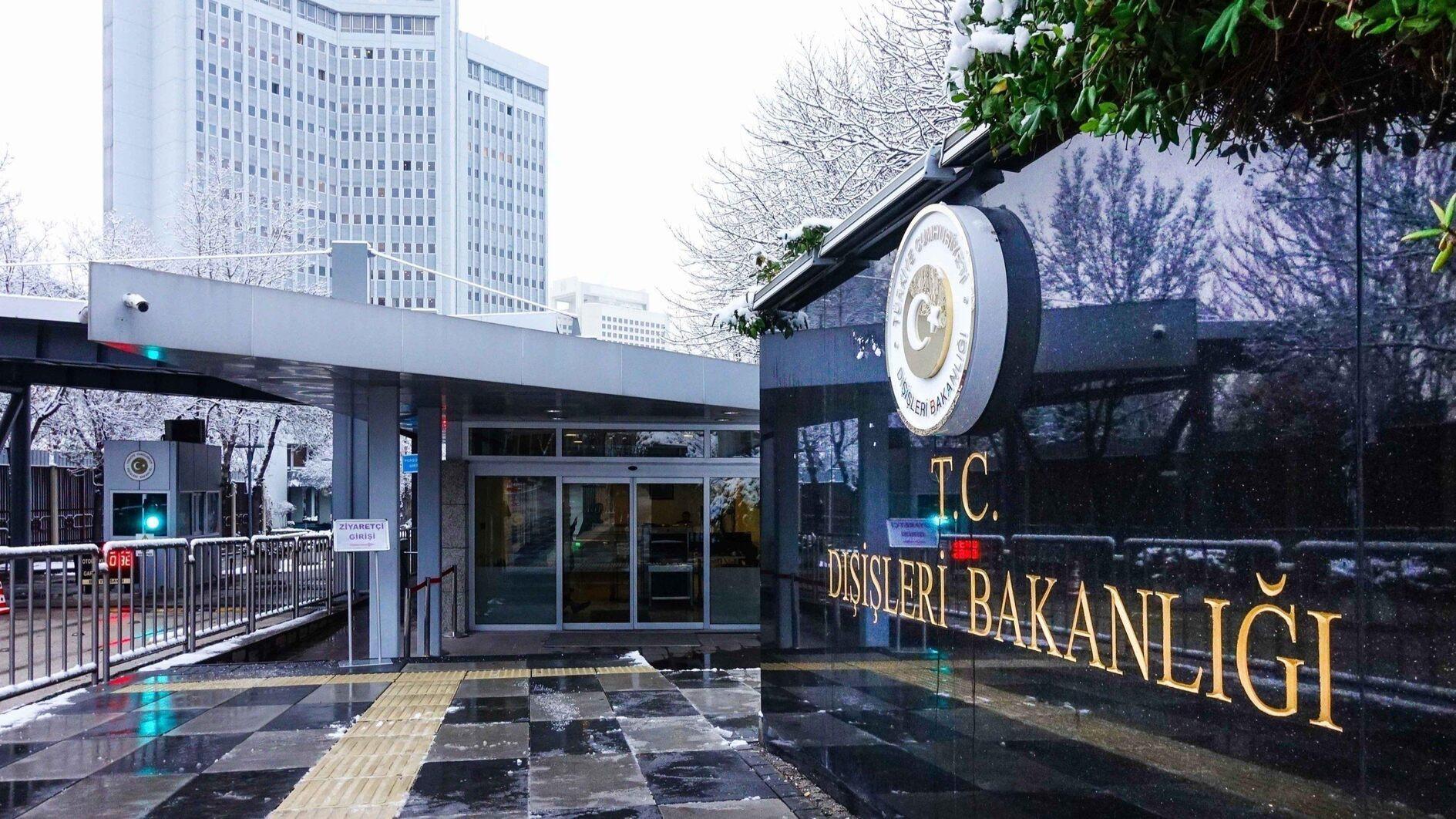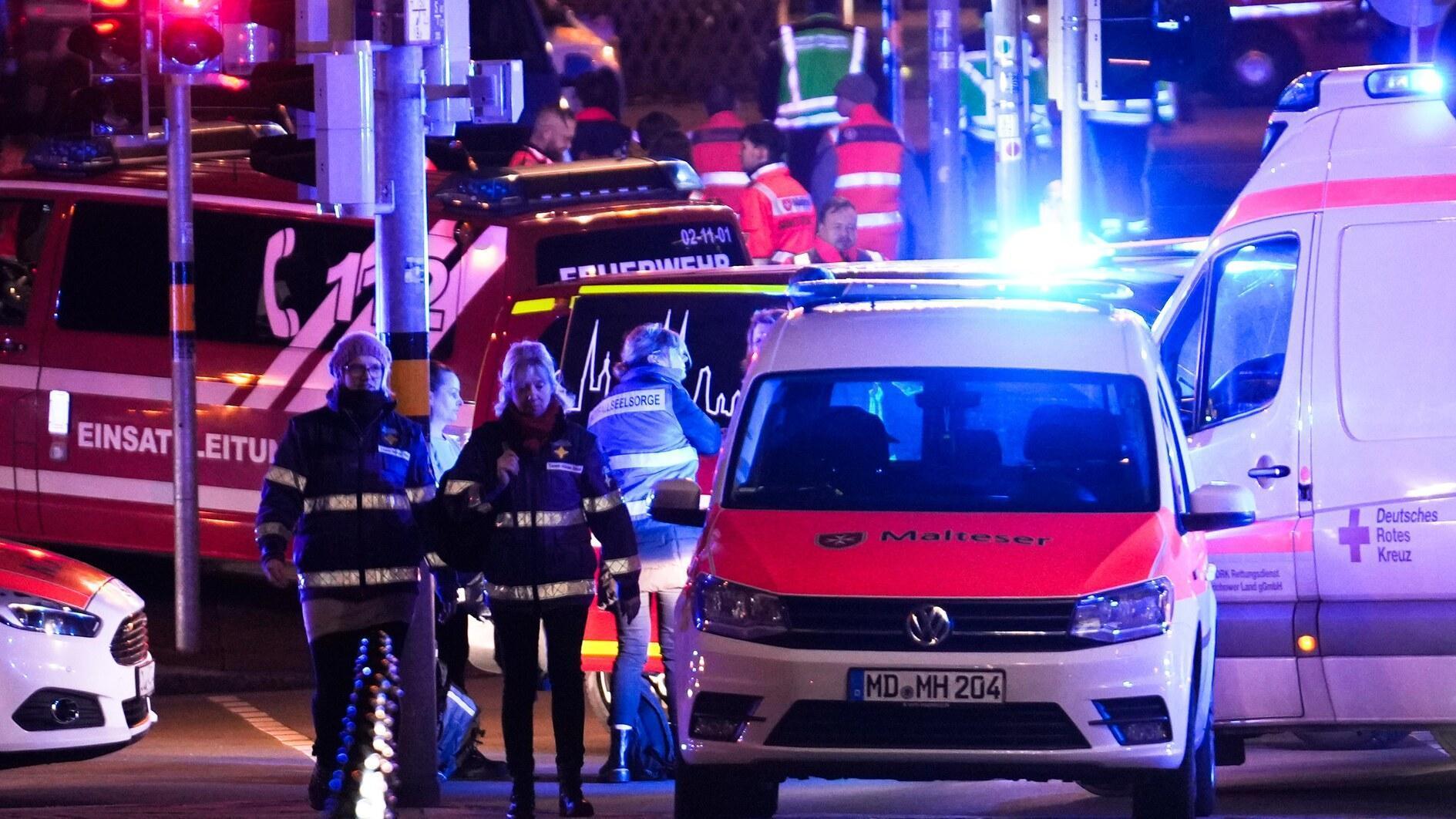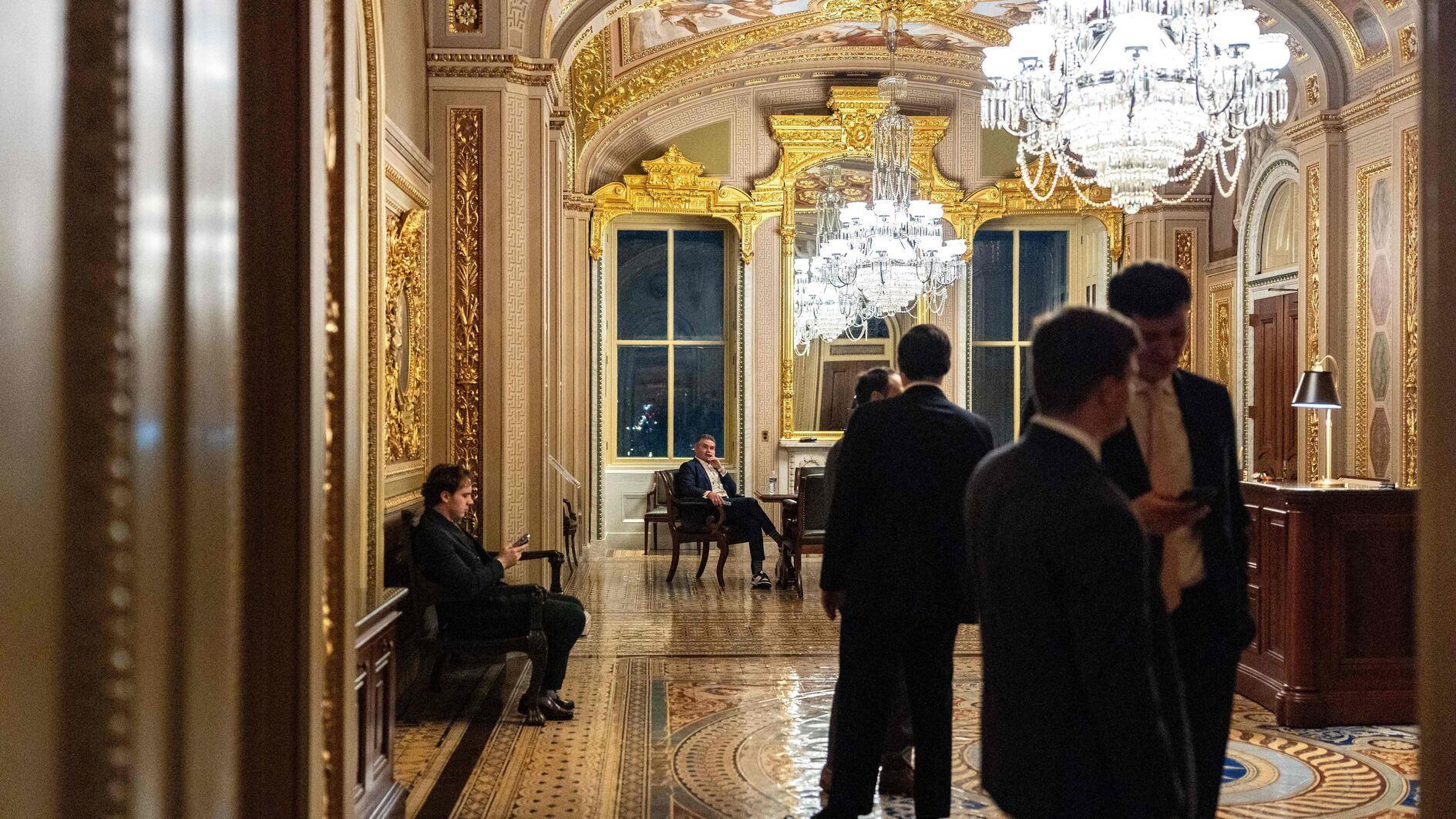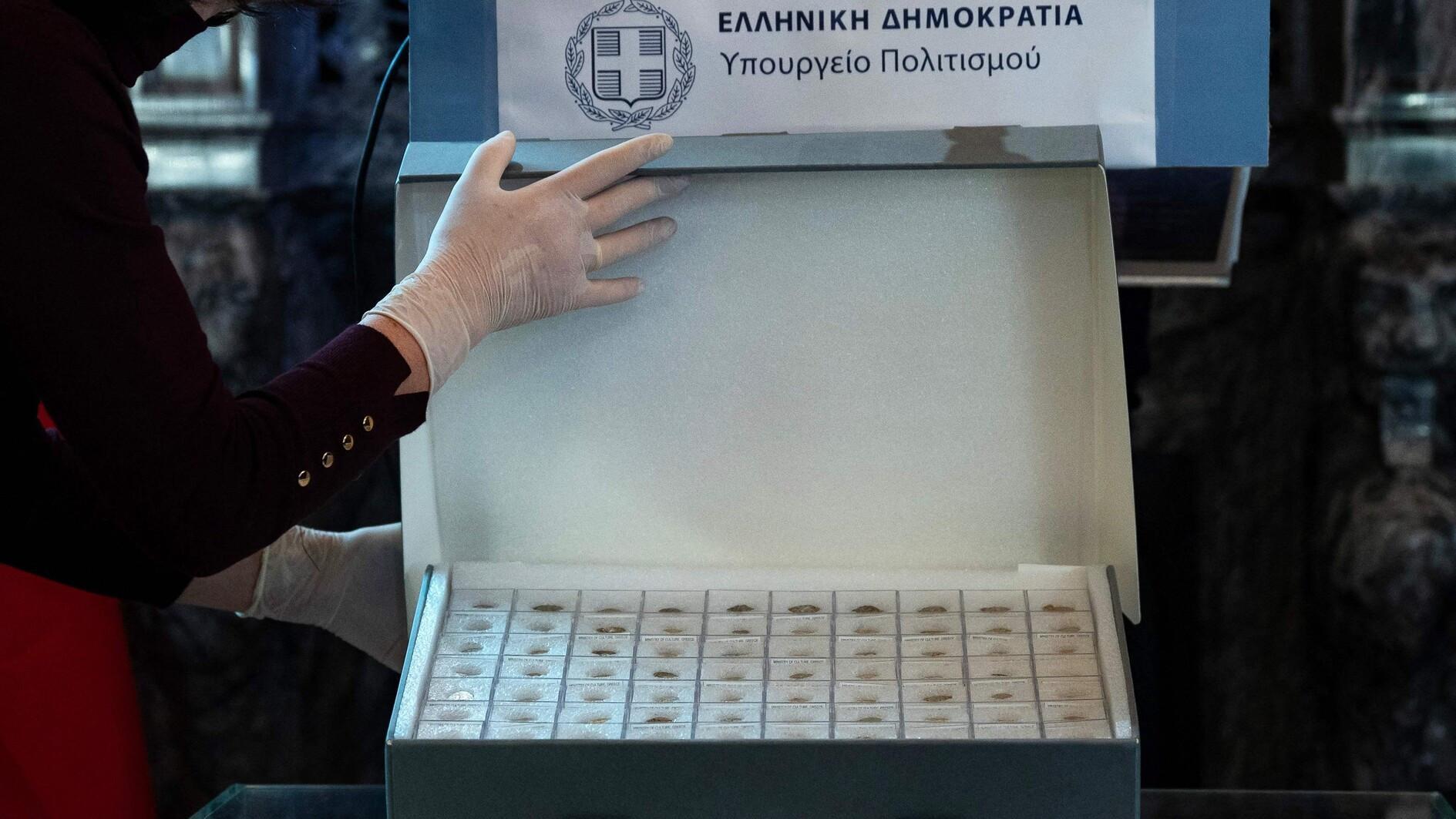Protesters to lift Hong Kong government blockade, vow to stay in Central
HONG KONG- Reuters
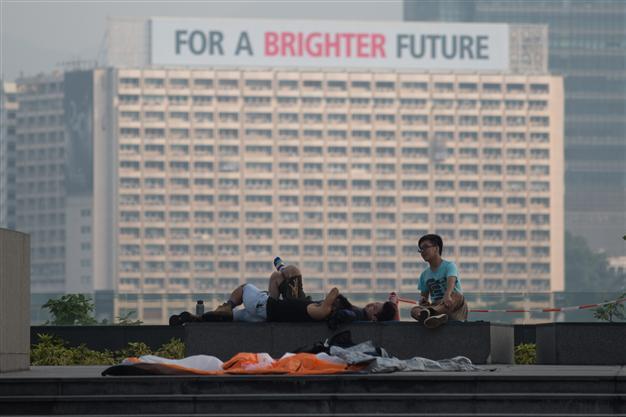
Protesters sit before the city skyline outside the Central Government Office in Hong Kong on October 5, 2014. AFP Photo
Fearing a police crackdown, Hong Kong pro-democracy protesters bowed to government pressure and said they would lift a blockade of key government buildings, but student leaders braced for a showdown in the heart of the Asian financial centre.Tens of thousands of protesters have staged sit-ins across Hong Kong over the past week, demanding the city's pro-Beijing leader Leung Chun-ying step down and for the right to vote for a leader of their choice in 2017.
Leung warned late on Saturday that the 'Occupy Central' movement could get "out of control, causing serious consequence to public safety and social order".
Student activists, established protest groups and ordinary Hong Kongers have joined forces to present Beijing with one of its biggest political challenges since it violently crushed pro-democracy protests in and around Tiananmen Square in 1989.
The protests, which have been dismissed by the Communist Party leadership in Beijing as illegal, have caused uncertainty in the business sector and contributed to a more than 7 percent slide in share prices in the city last month.
Financial Secretary John Tsang wrote in his blog on Sunday that Hong Kong was at a critical moment and what worried him most was that they city's "financial foundations and core values have inevitably been shaken".
In a statement, Leung said "the most urgent thing" was to clear access to the government headquarters on Monday "so 3,000 government staff can go to work normally and serve citizens".
Leader of the "Occupy Central" movement Benny Tai told a mass rally late on Saturday that protesters should cede to the government's demand.
"We only target CY (Leung), not other government officials. By opening a route, CY will have no reason or excuse to clear our occupation and spread foul rumours," he told thousands of mainly young protesters holding smartphone torchlights aloft.
Student leaders signalled they were bracing for a showdown in the heart of the city, the epicentre of protests which have spread to three other areas of the former British colony which was returned to China in 1997.
"We must take care in the coming days. In the face of violence we must remain steadfast and brave. This is only the calm before the storm but the Hong Kong people here with us tonight proves our strength," Alex Chow, leader of Hong Kong Federation of Students, said late on Saturday.
The student group pulled out of planned talks with the government after clashes on Friday at a protest site in the teeming suburb of Mong Kok, across the harbour. The students accused authorities of colluding with criminal gangs to orchestrate trouble.
Chow held out the prospect of rejoining the dialogue if policing at protest sites improved.
Sporadic clashes continued overnight in Mong Kok, with police resorting to pepper spray and batons.
"How long will we stay? Until we win this war," Jericho Li, a 19-year-old student, told Reuters in Mong Kok. "I don't think we will leave. All the people here are ready (for the consequences)."
The demonstrations have ebbed and flowed over the past week, with the mood seesawing between chaos to one of calm with an almost carnival feel as protesters played guitars and drums, while others danced. Tens of thousands in Admiralty late on Saturday dwindled to hundreds early on Sunday as many people went home to rest before returning in the evening.
Backlash
The protests brought much of Hong Kong to a standstill during what is traditionally a busy week-long shopping holiday. Many residents now want the protests to end or to move elsewhere so that workers, businesses and schools can return to normal.
"I'd like to support the students because their initiative, their motives are good. But I think some of them are off track now," said Grant Yip, a 36-year-old corporate trainer.
"We should have retreated three or four days ago when the government pulled the riot police back; we would have gained more public support. The government is trying to split the people," he said.
China's state-run People's Daily said in a commentary on Sunday that there had been misunderstandings about the democratic process.
"This is not a struggle between democracy and non-democracy, but merely different understandings on the realisation and implementation methods of democracy. In the final analysis, the central government is the most powerful supporter of democracy in Hong Kong," the newspaper said.
Facing separatist unrest in far-flung Tibet and Xinjiang, Beijing is standing firm on Hong Kong, fearful that calls for democracy there could spread to the mainland.


